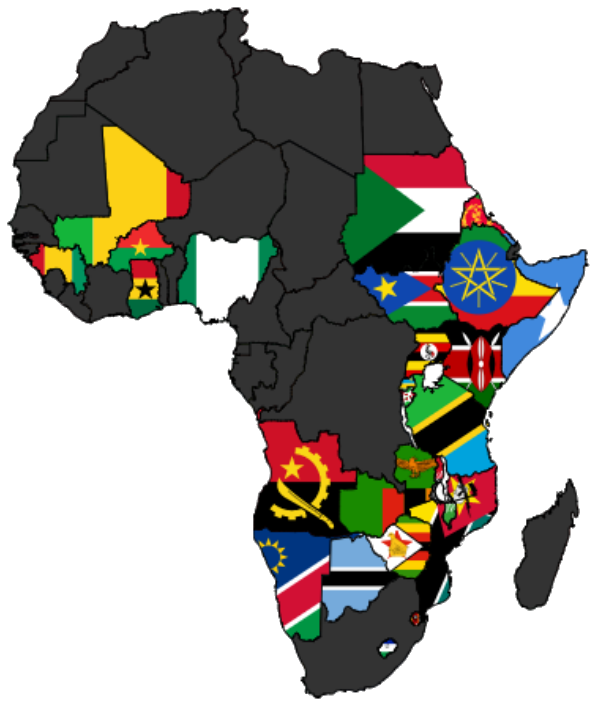Africa needs to diversify its economy to ensure it can weather economic storms and maintain socio-economic and political stability. Resilience is vital for long-term prosperity and socio-economic growth and development. One of the areas African countries are looking towards in terms of diversifying their economies is the blue economy. The blue economy in essence is a term in economics relating to the exploitation and preservation of resources such as oceans, lakes and rivers. Agriculture has been the backbone of Africa’s economy but is still facing a mountain of challenges ranging from erratic weather patterns as a result of climate change, lack of value addition, poor infrastructure, to external shocks such as low global prices of agricultural commodities.
Extreme poverty and hunger are still a major challenge facing most African nations. Making the blue economy sustainable and inclusive for the benefit of all will go a long way in tackling some of Africa’s most pressing bottlenecks while at the same time bolster sustainable development. Harnessing the potential of the blue economy will improve the lives of marginalized groups such as women and the youth through creation of jobs and ensuring conservation for future generations.
Kenya hosted The Sustainable Blue Economy Conference in November 2018 with Canada and Japan as co-hosts. It was the first global conference on the sustainable blue economy and attracted over 18,000 participants from around the globe. It is worth noting that thirty eight of the fifty four African states have a coastline and more than 90 percent of the continents imports and exports are conducted by sea. Africa’s coastline is about 31,000 kilometers long yet intra-Africa trade stands at less than 20 percent. This is the lowest level compared to the intra-regional trade in Europe, North America and Asia. Africa is home to some of the most strategic gateways for international trade, underscoring the geopolitical importance of the region. The African Union calls the blue economy the ‘new frontier of African renaissance’.
It worthwhile noting that even as the blue economy bandwagon is gaining traction, countries will need to critically evaluate what water based natural resources are at their disposal. Different countries have different capacities and the concept of one-size-fits-all does not apply. Other countries favor an industrial approach while others prefer to support extractive industries, tourism, logistics, as well as aquaculture. Mauritius is one of the smallest countries on the planet but with it territorial waters the size of South Africa, it is one of the strongest blue economies in Africa.
Land based natural resources and commodity exports continue fuel Africa’s remarkable economic growth. However, exploiting our oceans, lakes, and rivers, while at the same time ensuring sustainability through properly managing the water based resources, will support long-term development. The blue economy offers Africa an opportunity to ensure quality growth through its interconnectedness with other emerging and frontier sectors. This will support efforts to alleviate poverty, create jobs, and ensure food and water security.
An increasing number of African countries are now embracing the blue economy due to its potential to deliver solutions to their most pressing development challenges – especially extreme poverty and hunger. However, as much as Africa stands to benefit from the blue economy, conservation and properly managing aquatic and marine ecosystems and the associated resources will be of utmost importance to ensure sustainability.




